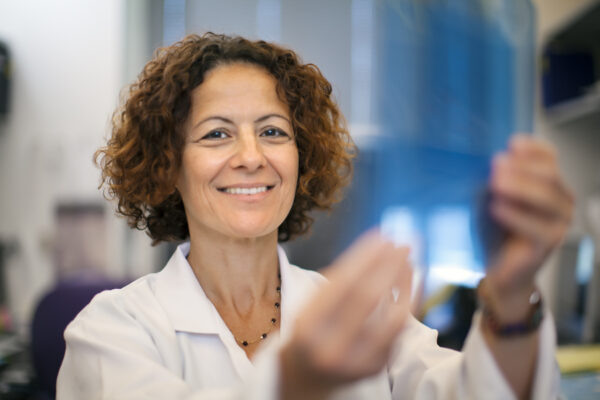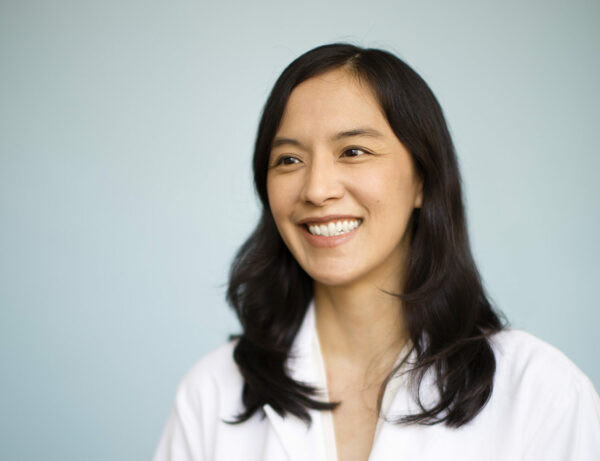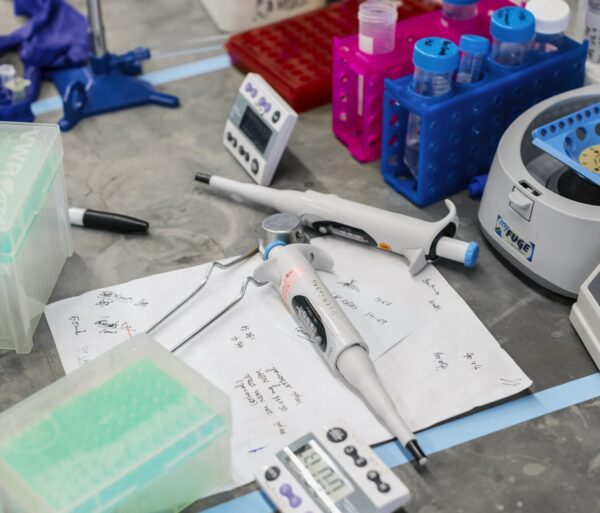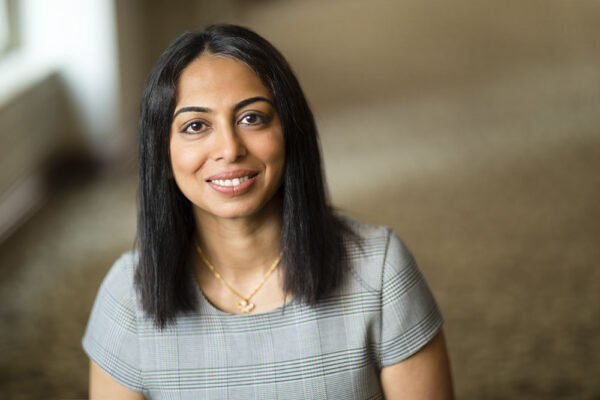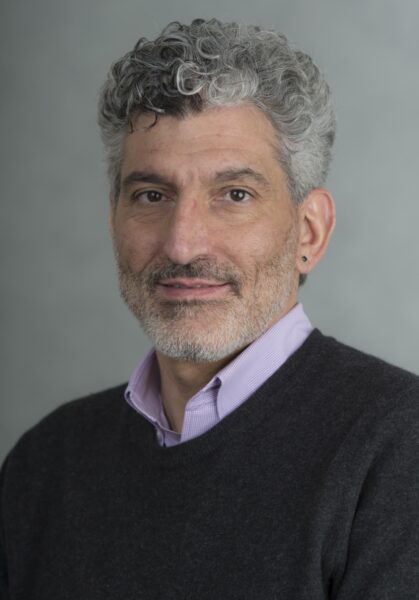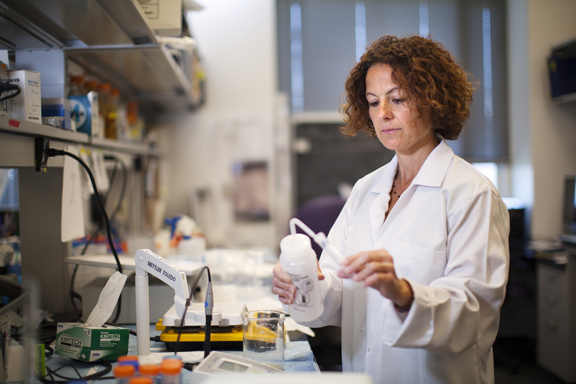
When Dr. Orly Lazarov sought to understand certain cellular processes associated with the aging brain, she entered uncharted territory. With only a few milestones to guide her, Dr. Lazarov has navigated a new path of understanding about how a deficiency in a protein indicates a lack of new cellular growth and how this may play a role in Alzheimer’s disease.
Through a 2010 Brain Research Foundation seed grant, the BRF took a calculated risk that allowed Dr. Lazarov to explore a theory previously supported only through observation. The resulting scientific study confirmed her hypothesis that this protein is somehow related to age-related cognitive impairments. A second BRF seed grant in 2011 allowed Dr. Lazarov to build on her initial research.
In her first seed grant study, Dr. Lazarov identified the need to understand a metabolic process involving a protein that appeared to play a role in regeneration of brain cells. Very little was known about how this protein functions, as well as how an associated metabolic process regulates the ongoing regeneration of brain stem cells that is crucial for healthy and vibrant brain activity.
Dr. Lazarov tested her initial theory in two ways. First she analyzed whether the metabolized study protein affects maintenance, self-renewal and proliferation of brain stem cells. Follow-up experiments confirmed untested observations that the protein as it metabolized leads to regeneration of a specific type of stem cell. This cell type is located deep in an area of the brain that nurtures new cell birth. Prior related experiments have indicated that this type of protein is reduced in Alzheimer’s patients.
In her initial experiments, Dr. Lazarov shed light on new information about how cells develop in the adult brain. She found that additional amounts of a little-studied protein bolster new cell development under certain conditions. What remains unknown is how this protein interacts in the wider environment.
Her second round of experiments allowed her to measure protein levels as they decline in the aging brain, evaluate the reasons behind this decline and assess whether reduced levels of this protein are a factor in diminished new cell development. Experiments allowed her to also attempt to identify the specific molecules that interact with this protein as they metabolize into new cells.
Mice with metabolic deficiencies associated with the study protein have exhibited multiple brain defects. This indicates that Dr. Lazarov’s studies have the potential to provide useful information for other neuroscience research. Identifying impediments to new brain cell growth may help scientists understand learning and memory and other types of degenerative brain diseases, such as Parkinson’s disease and amyotrophic lateral sclerosis (ALS).
